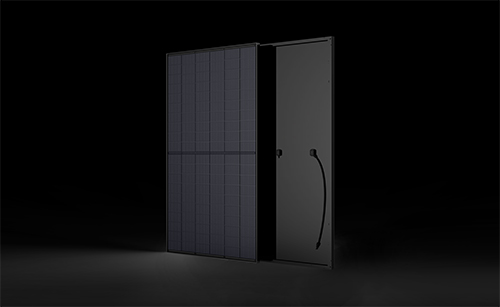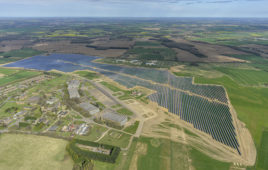
By Steven Wittenberg, Trina Solar Product Manager
Homeowners interested in installing a solar PV system typically come armed with questions. These include the expected questions about the cost, amount of energy the system will generate and how soon they’ll notice a difference in electricity bills. But homeowners will also undoubtedly have questions about buzzwords they came across or about more esoteric aspects of the PV system they’ve researched.
Residential solar installers must have answers ready at a moment’s notice, as customers who have to wait might seek out a competitor in the meantime.
Whether you’re a seasoned pro or you’re just entering the market, here are the answers to five common questions homeowners have about rooftop solar installations:
1. What incentives are available, if any?
Even though renewable energy like solar is an incentive in and of itself, potential customers want to know what other financial incentives they can receive.
Each state and some municipalities vary with their incentives, rebates and solar renewable energy certificates.
In addition, installers should be sure to educate customers about locking in the 26 percent Investment Tax Credit before the end of this year. As noted by EnergySage, the ITC can help homeowners save on average up to $9,000 on the cost of a solar installation. Starting next year, the ITC decreases to 22 percent before sunsetting into 10 percent in 2022 and onward.
It’s important that solar installers have a thorough understanding of all the available incentives that the homeowner might qualify to receive.
(Ed. note: The statements in this article should not be construed as professional tax advice, and homeowners should consult with their tax professionals.)
2. What is net metering and is it available?
Explain to homeowners how the electric meter that measures energy usage works both ways with a solar installation. Once the PV system is up and running, excess solar energy is then fed back into the grid.
Currently, 38 states plus Washington, D.C., have mandatory net metering policies in place.
3. What does the project and investment timeline look like?
Once homeowners understand that rooftop solar requires a long-term investment, they want to know how long it’ll take to obtain a return on that investment.
This answer varies depending on the size of the system and amount of sunlight it receives it each day. Typically, the average payback time for solar panels sits around seven to eight years. Product and performance warranties guarantee the system remains running for long after that, with a system lifespan that can reach 25 years or more.
With reliable, high-powered modules, installers can give homeowners shorter timelines to reach an ROI.

4. Will there be system monitoring?
Once the installation is complete, homeowners want to know how the system performs and if it’s generating the estimated amount of energy.
Real-time module-level monitoring allows customers to see how every panel in the system is performing at all times. This helps to quickly identify and solve any problems, minimize energy loss and ensure optimal system performance.
5. What kind of post-installation maintenance will occur?
Solar panels require virtually no maintenance, as they will typically operate without any problems for the duration of their useful lives.
Despite the overall reliability of solar panels, installers should be prepared to discuss replacement or repair procedures in the off-chance it’s needed. Explaining how a product warranty can help during these times is a good idea to bolster the panel’s reliability.
Have more questions about residential solar panels? Contact the experts at Trina Solar today to find the answers.
This is part three of a four-part series on residential solar installations. Check back soon for the fourth and final installment in this series.
Sponsored content by Trina Solar





Tell Us What You Think!